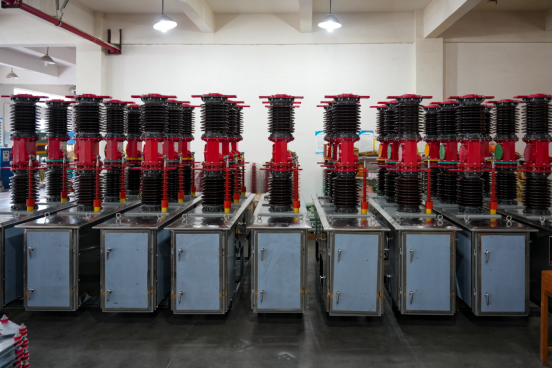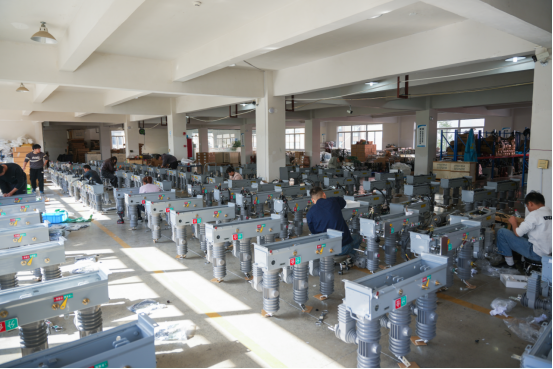
Retired Circuit breakers hold untapped economic value through advanced recycling methods. This guide explores how to transform decommissioned equipment into profitable resources while meeting environmental standards.
Key Recycling Processes
1. Tungsten-Copper Contact Recovery
- High-value contacts contain 60-80% tungsten and 10-20% copper. 
- Hydrometallurgical extraction achieves >95% metal purity for reuse in new breakers.
2. Epoxy Resin Pyrolysis
- Thermal decomposition at 400-600°C converts insulation into:
- Synthetic gas (fuel)
- Carbon residue (construction filler)
- VOC emissions controlled below 20mg/m3 (EU WEEE compliance).
3. Steel/Aluminum Frame Recycling
- Magnetic separation recovers 98% structural metals.
- Low-carbon remelting reduces energy use by 40% vs. virgin materials.
Economic & Environmental Benefits
- Cost Savings: Recycling 1 ton of breakers saves $3,800 vs. raw material procurement.
- Regulatory Compliance: Meets RoHS/REACH standards by removing Pb/Cd from contacts.
- Carbon Reduction: Cuts 5.2t CO? per ton recycled (EPD International certified).
Implementation Roadmap
1. Pre-Treatment
- Oil removal (ultrasonic cleaning)
- Component disassembly (robot-assisted sorting)
2.Material Streams
- Metals → Smelters
- Plastics → Cement kiln co-processing
- SF6 gas → Purification & reuse

3. Certification
- R2v3/RIOS certification for ethical recycling
- Carbon footprint tracking via blockchain
Industry Applications
- Utilities: Recover silver from 10kV VCB contacts
- Manufacturers: Closed-loop material systems
- Solar Farms: Recycle DC breaker components
Oil&Gas exploited
Automotive Manufacturing
Transportation & Dlistrlbutlon
Manufacture
Industrial Construction
Green Energy
Copyright ? 2024 All Rights Reserved
Back to top 
Comment
(0)